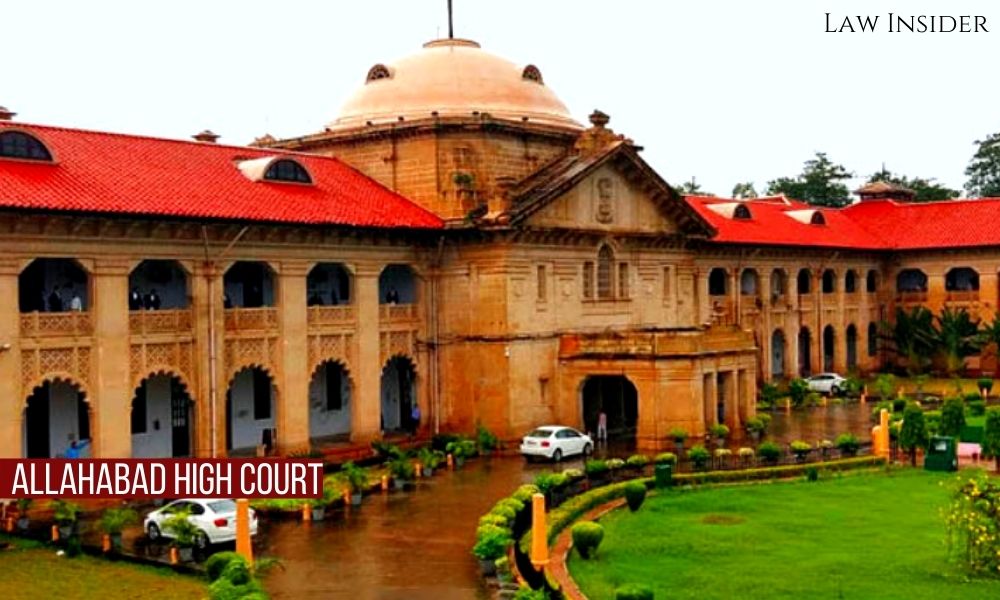LI Network
Published on: February 14, 2024 at 13:00 IST
The Allahabad High Court has clarified that the denial of an application under Order VII Rule 11 of the Civil Procedure Code (CPC) does not constitute res judicata in determining the limitation issue during the final hearing.
Justice Manish Kumar Nigam of the Allahabad High Court emphasized that the question of limitation, being a combination of law and fact, necessitates evidence from contesting parties and cannot be decided solely at the Order VII Rule 11 stage unless the plaint explicitly indicates it to be time-barred.
In a case involving the rejection of an application under Order VII Rule 11 by the Debt Recovery Tribunal, Justice Nigam held, “The issue of limitation being generally a mixed issue of fact and law and is subject to the evidence led by the parties. The findings recorded by the Court/Tribunal while deciding the application under Order 7 Rule 11 CPC will not operate as res judicata.”
The Court reaffirmed that for adjudicating an application under Order VII Rule 11 of CPC, the content of the plaint should be examined. If the statements made in the plaint indicate it is barred by any law, including the law of limitation, the court may reject it.
Citing the Supreme Court decision in P.V. Guru Raj Reddy and Another Vs. P. Neeradha Reddy and others, Justice Nigam highlighted the stringent conditions imposed for rejecting a plaint under Order VII Rule 11, considering it leads to the termination of a civil action at an early stage.
The Court emphasized that the written statement filed by the defendant is irrelevant for deciding an application under Order VII Rule 11.
The Court also referred to the case of Srihari Hanumandas Totala vs. Hemant Vithal Kamat and others, where the Supreme Court set guiding principles, emphasizing that the rejection of a plaint based on it being barred by law must solely rely on the plaint’s averments, without considering the defendant’s defense.
Justice Nigam underscored that the issue of limitation involves a mix of law and fact, and its determination should be based on evidence presented by the parties.
The Court concluded that the Debt Recovery Tribunal must examine the original application’s pleading and the evidence presented by both parties, emphasizing that findings at the Order VII Rule 11 stage do not serve as res judicata on the limitation issue.
The case involved an application by the petitioner, challenging the rejection of an Order VII Rule 11 application by the Debt Recovery Tribunal.
The petitioner argued that the original application was filed after 19 years from the execution of the Deed of Guarantee, rendering it time-barred.
The High Court directed the Debt Recovery Tribunal to consider the petitioner’s contentions on limitation during the final hearing in line with the directions from the Debt Recovery Appellate Tribunal.
Case Title: Saurabh Kalani v. Stressed Asset Stabilisation Fund And 7 Others

